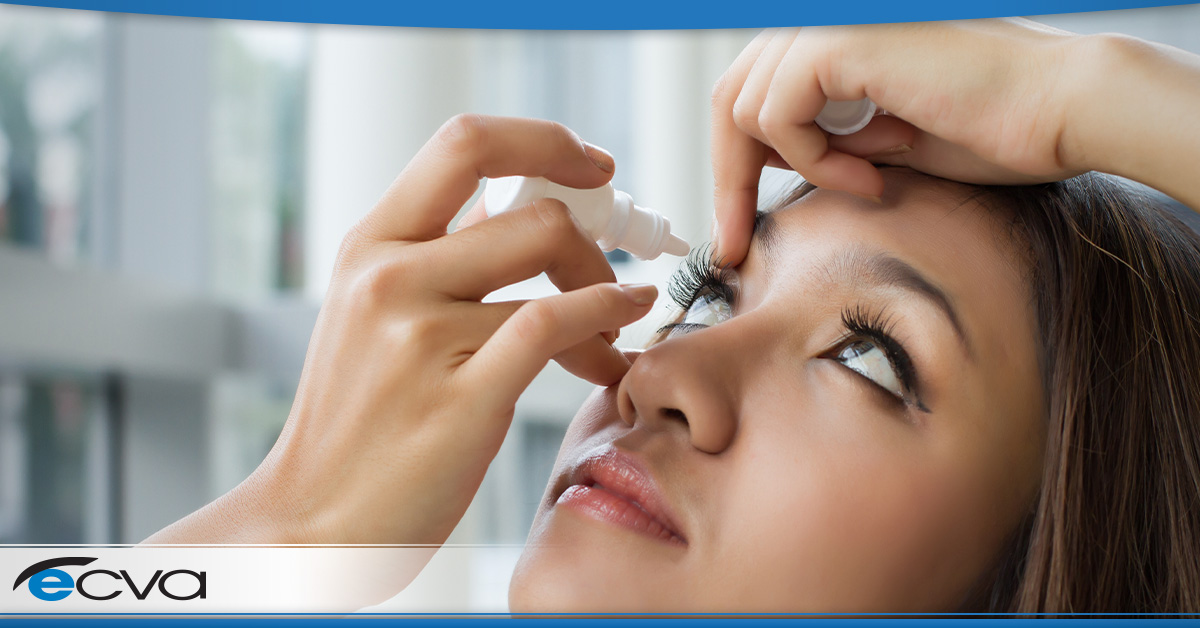When you prepare for an eye appointment, you may discover that your eye care provider will dilate your eyes during the exam. Since that can lead to some mild discomfort in brighter lighting following the appointment and may make driving or other activities difficult for several hours, you may wonder whether dilation is actually necessary.
Similarly, if you’ve had dilated eye exams in the past, but your eye care provider says that dilation isn’t necessary this time, you may wonder why it isn’t being used. In either case, if you want to know when and why dilation eye exams might be necessary and what to expect from these appointments, here’s what you need to know.
Why a Dilated Eye Exam Is Important
Dilation eye exams are important for one main reason; dilation makes it easier to see the back of your eye. When your eyes are dilated, the pupil widens significantly. This allows far more light in and gives your eye care provider a better view.
With a dilated eye exam, your eye care provider can look for signs of various conditions and potentially spot issues during earlier stages. Some diseases and conditions they may be able to spot include: glaucoma, macular degeneration, retinal detachment, diabetes, and high blood pressure.
When and how often you need to have a dilated eye exam depends on several factors. For example, age plays a role. Essentially everyone needs dilation eye exams if they’re age 60 and up every one or two years. However, if you’re at greater risk of certain eye diseases or conditions, you usually start getting dilated eye exams every year or two, beginning at age 40.
Your ethnic background is also a factor, as members of particular groups may have higher occurrences of specific conditions, making frequent dilated eye exams advisable. Similarly, your eye health history, current overall health matter, and the reason you’re coming in for an appointment.
What to Expect from a Dilation Eye Exam
Dilated eye exams aren’t any more invasive than a traditional one. Your eye care provider will apply drops that dilate your pupils, which may sting slightly for a brief period or could cause some mild eye-watering for a few moments. While somewhat uncomfortable, most people wouldn’t classify the drops as a painful experience.
Once your pupils dilate, you may have some light sensitivity and some mild blurriness. Usually, that only lasts a few hours, as the drops wear off during that timeframe. That could make driving more difficult, even if you wear sunglasses, so it’s usually best to have someone drive you after your appointment.
Working, studying, or similar activities may be harder while your eyes are dilated, too. As a result, it’s best to plan for several hours where engaging in those types of tasks isn’t necessary.
At ECVA, the safety and health of our patient’s eyes are our priority. If you would like to learn more about dilation eye exams or haven’t seen your eye care provider in the past year, the ECVA team is here to help. Schedule an appointment at your closest ECVA clinic today.







